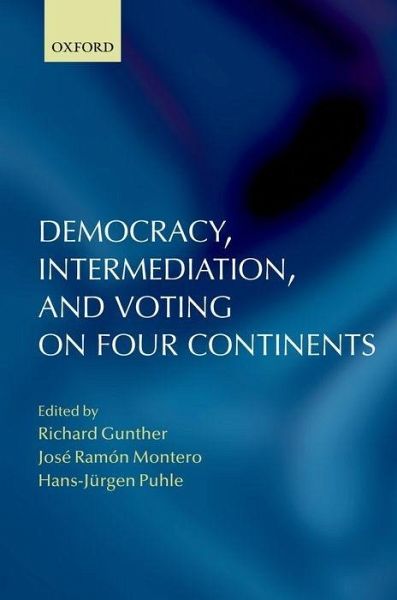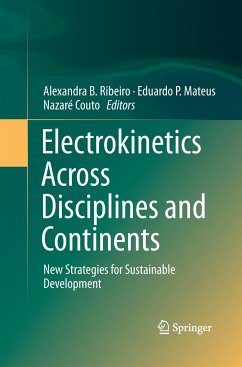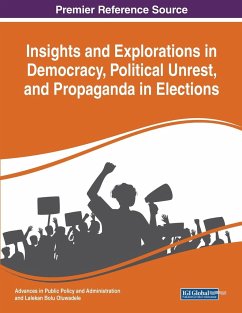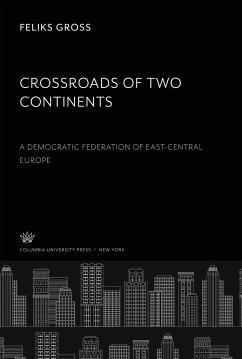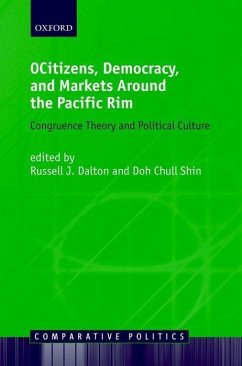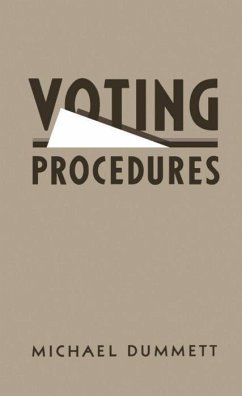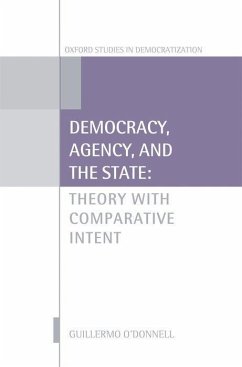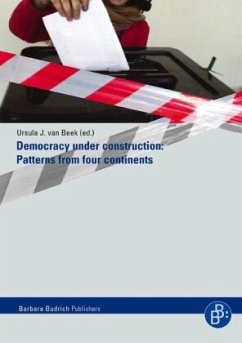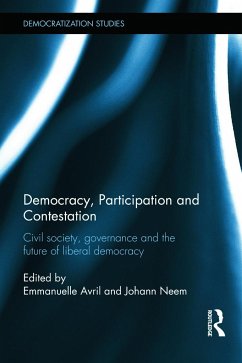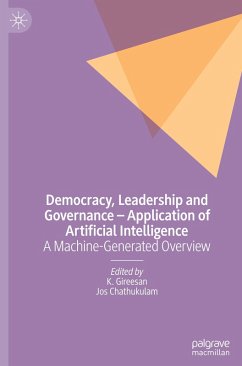Richard Gunther (Ph.D., University of California at Berkeley) is Professor of Political Science at the Ohio State University, where he has also served as Executive Director of International Studies. He is the international coordinator of the 18-country Comparative National Elections Project, of which this book is a product. Initially an expert on Spanish public policy, he subsequently broadened his research interests to deal with democratic transition and consolidation, political institutions, parties, and electoral behavior. He has been awarded the Distinguished Scholar Award and the Distinguished Service Award by the Ohio State University. Hans-Jürgen Puhle (Dr. phil., Freie Universität Berlin) is Professor of Political Science at the Johann Wolfgang Goethe Universität Frankfurt am Main. He has been a Fellow of Harvard and Oxford University, and has tought at the universities of Münster and Bielefeld, at Cornell, Stanford, University of Tel Aviv, Universidad de Chile, FLACSO Buenos Aires, and the Instituto Juan March Madrid. His fields of research are the comparative social and political history of Europe and the Americas, problems of modernization, comparative politics, state functions in welfare capitalism, political parties, pressure groups and social movements, nationalism and regionalism, regime transformation and problems of democratic consolidation José Ramón Montero (Ph.D., Universidad de Santiago de Compostela, Spain) is Professor of Political Science at the Autonomous University of Madrid and at the Center for Advanced Studies in the Social Sciences, Juan March Institute, Madrid. His main research areas are political participation, political parties, political culture, and electoral behaviour. He has been a member of the Standing Committee for the Social Sciences, European Science Foundation, and is currently a member of the Academia Europea, the Scientific Advisory Board of the European Social Survey, and the Comparative National Elections Project, of which this book is a product
